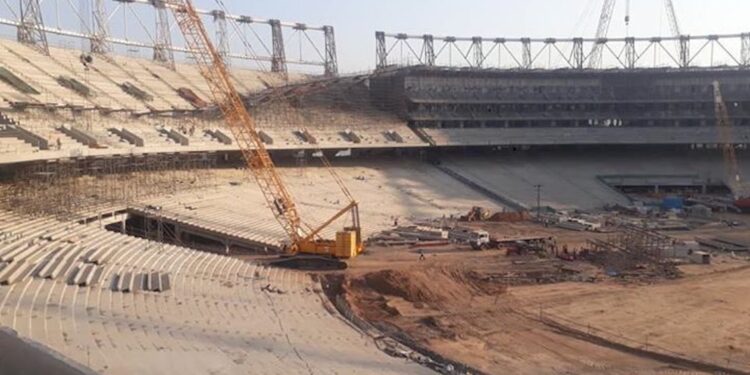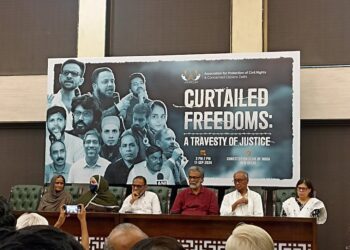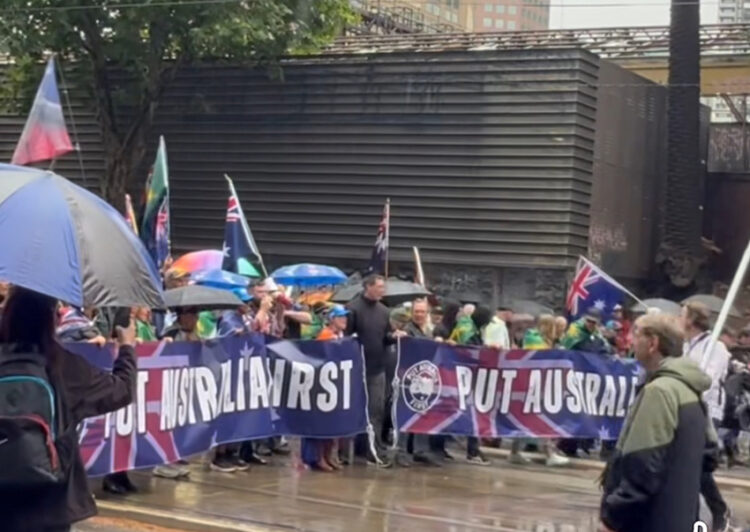India’s ambitious plans to host the 2036 Olympic and Paralympic Games in Ahmedabad are drawing international scrutiny over human rights concerns, with advocates warning that the nation must address its troubled record on worker protections and athlete safety before landing the prestigious event.
Human Rights Watch released a dispatch this week calling on Indian authorities to place human rights, including workers’ rights, at the centre of construction efforts for sports infrastructure and public transport as the country prepares to host the centenary Commonwealth Games in 2030 – seen as a testing ground for its Olympic ambitions.
The warning comes as India ramps up its Olympic bid, with Prime Minister Narendra Modi declaring hosting the 2036 Games a key national goal. The government has significantly increased sports funding, with the recent Union Budget allocating Rs3,794.30 crore to the Ministry for Youth Affairs and Sports, a substantial increase of Rs351.98 crore.
However, India’s last experience hosting a major international sporting event raises serious concerns. The 2010 Commonwealth Games in New Delhi were marred by allegations of corruption, forced evictions, labour rights abuses, and trafficking of women and girls.
BBC reporting from 2010 documented harrowing conditions for construction workers, with thousands living in plastic-sheet tents without proper sanitation or adequate pay. At least 45 workers died in accidents during the works, though human rights organisations believed the figure was much higher.
One construction worker named Afsana, who lived on the street for 10 months with her three children and husband, told the BBC at the time she knew nothing about the Commonwealth Games she was helping to build.
The 2010 Games also saw concerns about human trafficking, with rights groups reporting nearly 40,000 women were hired from seven north-eastern states by escort agencies, raising fears many would be pushed into prostitution.
Beyond worker welfare, India faces persistent challenges with athlete safety and governance. A 2024 report by the Sport and Rights Alliance documented systemic abuse and sexual harassment in Indian women’s wrestling, while a 2023 UN Women and UNESCO report found that approximately one third of female athletes in India experienced sexual abuse, harassment or inappropriate behaviour by a male coach.
India’s doping record also remains problematic. The World Anti-Doping Agency identified India as having the highest positivity rate for banned substances among major sporting nations in 2023, at 3.8 per cent, making it the second-worst offender for doping among minors behind only Russia.
The International Olympic Committee has reportedly flagged concerns about India’s governance, doping rates and low medal counts during discussions with Indian officials.
Despite these challenges, India is forging ahead with massive infrastructure investments. Ten major stadiums are planned for Ahmedabad, and the government announced it would provide monthly assistance of 50,000 rupees to some 3,000 athletes as part of preparations.
The government launched its Khelo India programme in 2018 to identify and support talented young athletes, particularly in rural areas, and announced a National Sports Policy in July promising athlete welfare and inclusion of marginalised communities.
Commonwealth Sport, the organisation overseeing the Commonwealth Games, has taken steps to embed human rights protections in line with UN Guiding Principles on Business and Human Rights, including commitments to support athletes’ freedom of expression and a safeguarding policy.
Human Rights Watch emphasised that as India prepares for the 2030 Commonwealth Games, the government should ensure strong human rights safeguards for athletes, women and girls, construction workers, and all affected communities.
The organisation called for Commonwealth Sport to ensure Indian authorities conduct meaningful stakeholder engagement with diverse groups, including religious and ethnic minorities, Dalits and other marginalised communities.
“India has an opportunity to set a new standard for the Commonwealth Games, one that safeguards human rights,” Human Rights Watch stated, noting this could boost the nation’s Olympic bid.
A final decision on the 2036 Olympics host city is not expected before late 2027, with India competing against rival bids from Qatar, Turkey and Chile.











